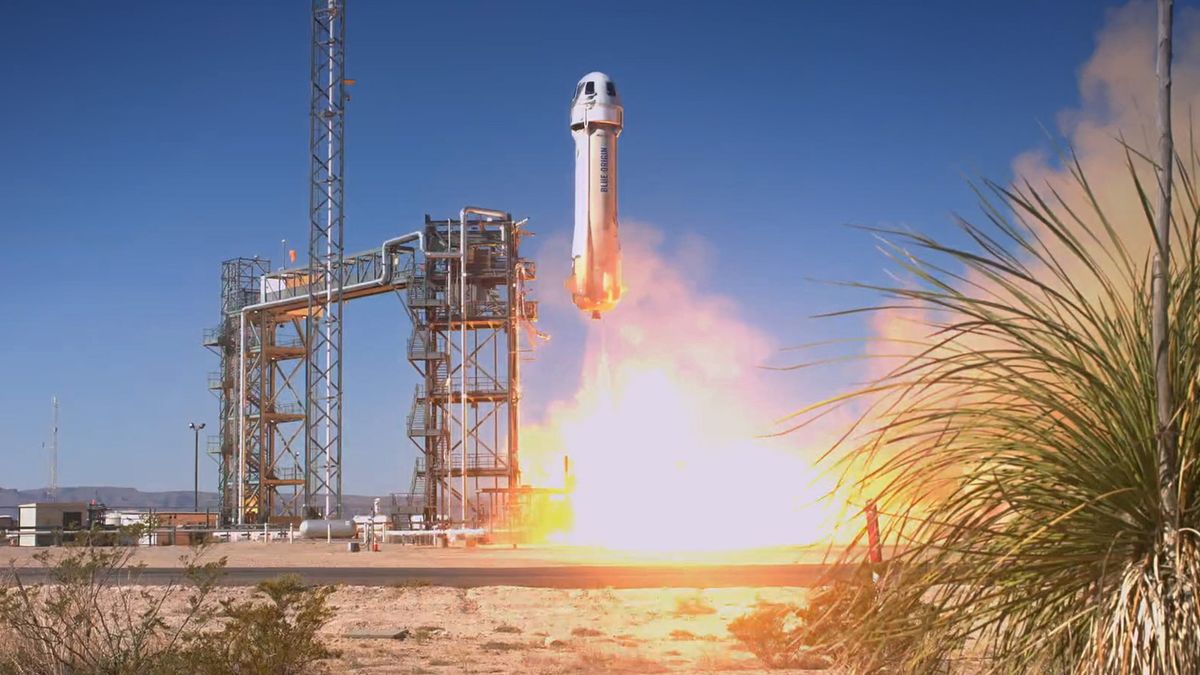Now Reading: NASA Union Condemns Closure of NYC Science Institute by DOGE
-
01
NASA Union Condemns Closure of NYC Science Institute by DOGE
NASA Union Condemns Closure of NYC Science Institute by DOGE

Quick Summary
- NASA’s Goddard Institute for Space Studies (GISS) in New York City is being closed as part of federal funding cuts led by the Trump governance’s Department of Government Efficiency, overseen by Elon Musk.
- GISS employees were informed in April 2024 and given until May 31 to vacate their iconic office at Columbia University’s Armstrong Hall.
- NASA cited lease efficiency concerns but critics argue the closure won’t save agency costs as a $3 million annual lease through 2031 has already been signed,and subletting is not allowed.
- GISS has a renowned scientific pedigree, contributing to missions like Voyager and climate change records dating back to the 1880s. Its staff played key roles in climate modeling during Hurricane Sandy (2012).
- Files from the institute are being relocated for storage within Columbia’s campus or Maryland’s Goddard Space Flight Center, but uncertainty surrounds full archival preservation.
- The move follows broader tensions between the Trump administration and Columbia University, including withdrawing $400 million in federal grants earlier this year.
- Critics label this decision an attack on science and higher education. NASA’s union IFPTE plans to petition Congress for explicit appropriations protection.
Images:
- NASA GISS Building Photo: The facility housed landmark scientific studies since 1966.
!Image
(Credit: NASA)
- Relocation Boxes: Records being moved into long-term storage as part of office shutdown.
!Image
(Credit: Joanna Thompson/Future)
Indian Opinion Analysis
NASA’s decision to close its historic GISS location raises questions about balancing cost efficiencies with preserving valuable scientific infrastructure critical for global research on topics such as climate change and atmospheric studies. While budget reviews are legitimate policy tools, critics point out that cancelling an existing lease-when savings are marginal-might undermine essential capabilities instead.
India can draw parallels from this situation; prioritizing consistent investment in science institutions becomes vital amid globalization-driven competition within space research programs like ISRO’s Chandrayaan initiatives or satellite launches aimed at addressing Earth observation challenges akin to those studied at GISS.Ensuring continuity of archives and innovation centers coudl prevent setbacks similar to controversies surrounding budget slashes abroad.
Read More: Space.com Article link
























